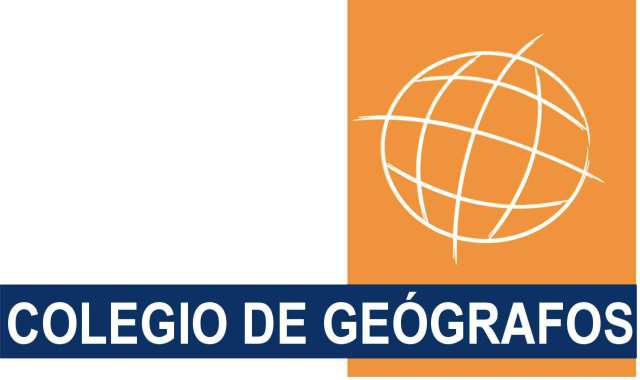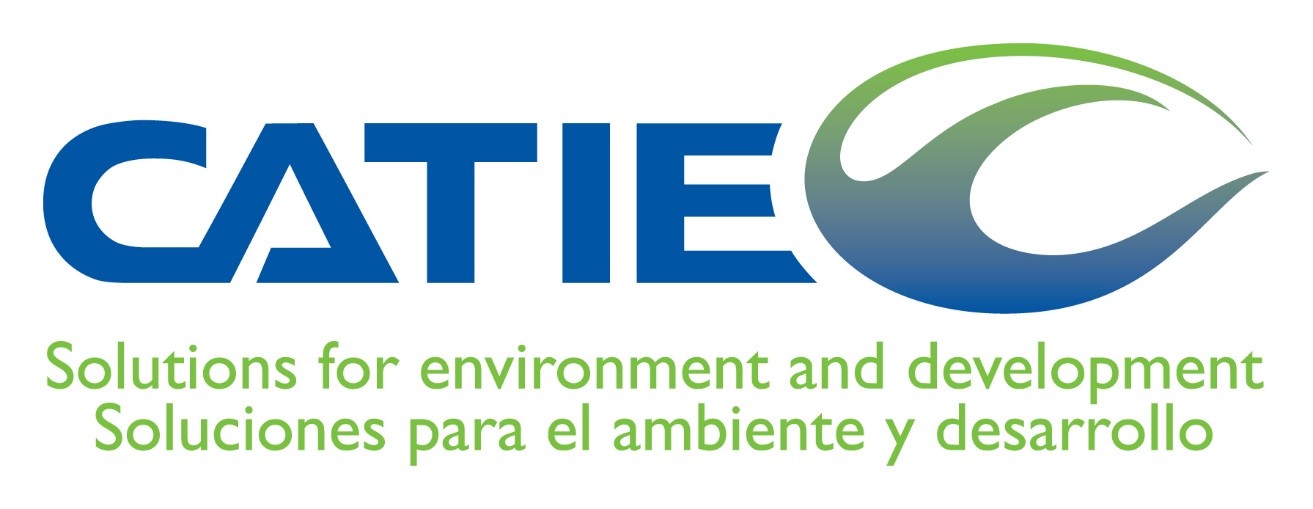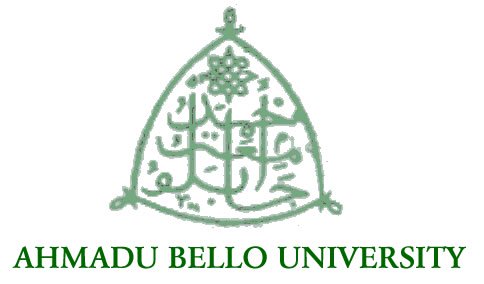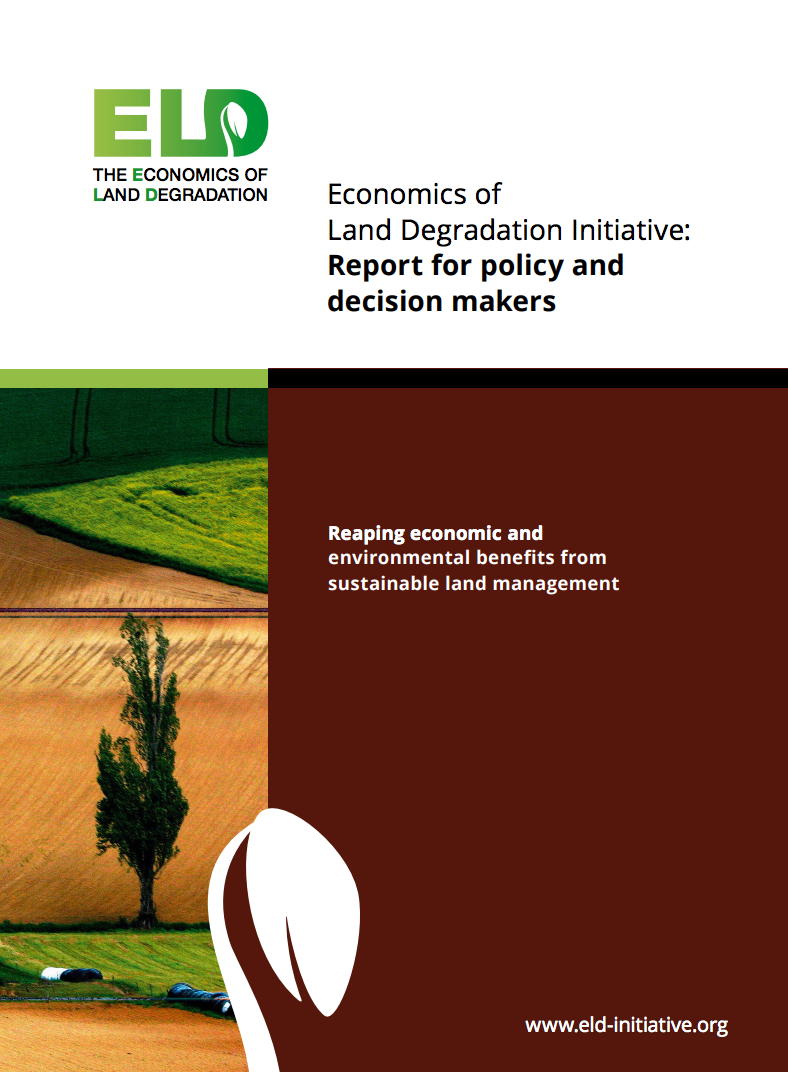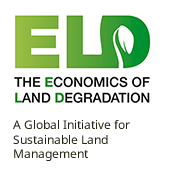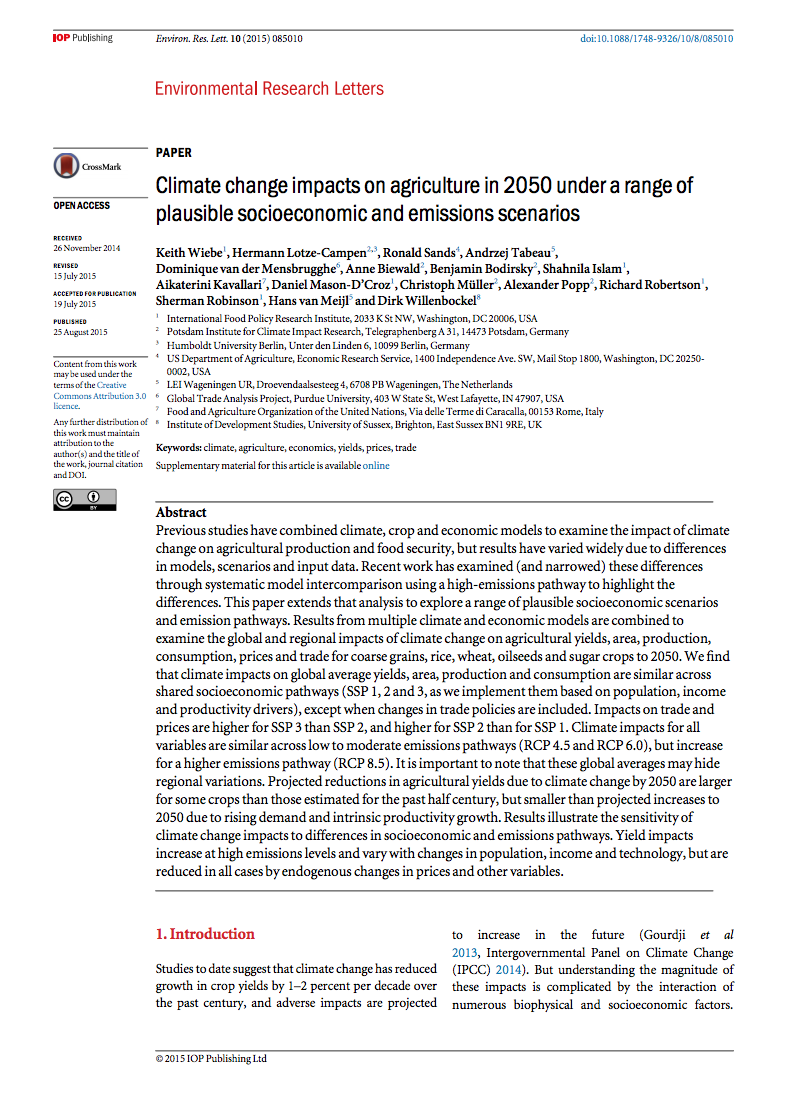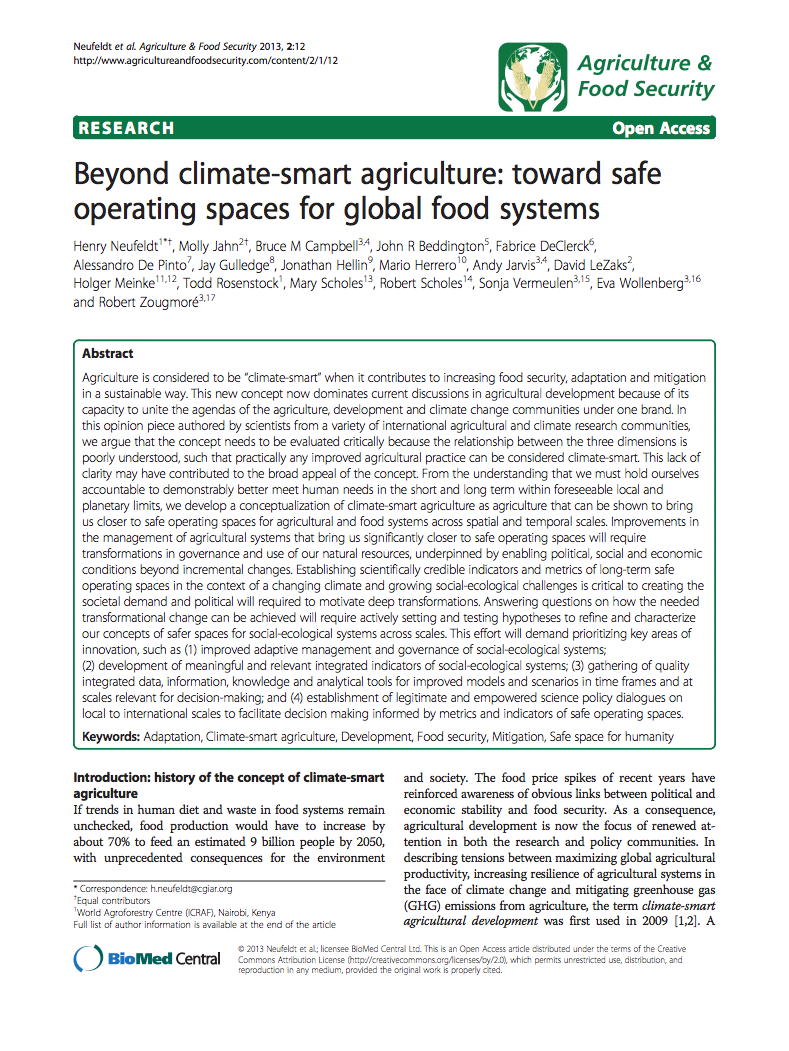Details
Location
Contributions
Displaying 681 - 690 of 2403International Union of Forest Research Organizations
IUFRO is "the" global network for forest science cooperation. It unites more than 15,000 scientists in almost 700 Member Organizations in over 110 countries, and is a member of ICSU. Scientists cooperate in IUFRO on a voluntary basis.
Our mission is to advance research excellence and knowledge sharing, and to foster the development of science-based solutions to forest-related challenges for the benefit of forests and people worldwide.
Tropical Agricultural Research and Higher Education Center
The Tropical Agricultural Research and Higher Education Center (CATIE) is a regional center dedicated to research and graduate education in agriculture, and the management, conservation and sustainable use of natural resources. Its members include Belize, Bolivia, Colombia, Costa Rica, Dominican Republic, El Salvador, Guatemala, Honduras, Mexico, Nicaragua, Panama, Paraguay, Venezuela, the Inter-American Institute for Cooperation on Agriculture (IICA) and the State of Acre in Brazil.
Central Arizona Project
Central Arizona Project (CAP) is Arizona's single largest resource for renewable water supplies. CAP is designed to bring about 1.5 million acre-feet of water from the Colorado River to Central and Southern Arizona every year. More than 5 million people, or more than 80% of the state's population, live in Maricopa, Pima and Pinal counties, where CAP water is delivered. CAP carries water from Lake Havasu near Parker to the southern boundary of the San Xavier Indian Reservation southwest of Tucson.
Ahmadu Bello University
Ahmadu Bello University is a federal government research university located in Zaria, Kaduna State. ABU was founded on October 4, 1962, as the University of Northern Nigeria. The university operates two campuses: Samaru and Kongo in Zaria.
Source: Wikipedia
Economics of Land Degradation Initiative: Report for policy and decision makers
Considering the figures given in the foreword and found in the literature about the on-going and increasing degradation of land and land-based ecosystems and their productivity, this indicates a pressing need to re-design current policies and clearly defined guidance for future action for sustainable land management.
Economics of Land Degradation Initiative
The Economics of Land Degradation (ELD) Initiative is an initiative on the economic benefits of land and land based ecosystems. The initiative highlights the value of sustainable land management and provides a global approach for analysis of the economics of land degradation. It aims to make economics of land degradation an integral part of policy strategies and decision making by increasing the political and public awareness of the costs and benefits of land and land-based ecosystems.
Our Vision
Climate change impacts on agriculture in 2050 under a range of plausible socioeconomic and emissions scenarios
Previous studies have combined climate, crop and economic models to examine the impact of climate change on agricultural production and food security, but results have varied widely due to differences in models, scenarios and input data. Recent work has examined (and narrowed) these differences through systematic model intercomparison using a high-emissions pathway to highlight the differences. This paper extends that analysis to explore a range of plausible socioeconomic scenarios and emission pathways.
Environmental Research Letters
Environmental Research Letters covers all of environmental science, providing a coherent and integrated approach including research articles, perspectives and review articles.
All content is published on an open access basis under a CC BY licence and is free to readers, funded by an article publication charge.
Beyond climate-smart agriculture: toward safe operating spaces for global food systems
Agriculture is considered to be “climate-smart” when it contributes to increasing food security, adaptation and mitigation in a sustainable way. This new concept now dominates current discussions in agricultural development because of its capacity to unite the agendas of the agriculture, development and climate change communities under one brand.


